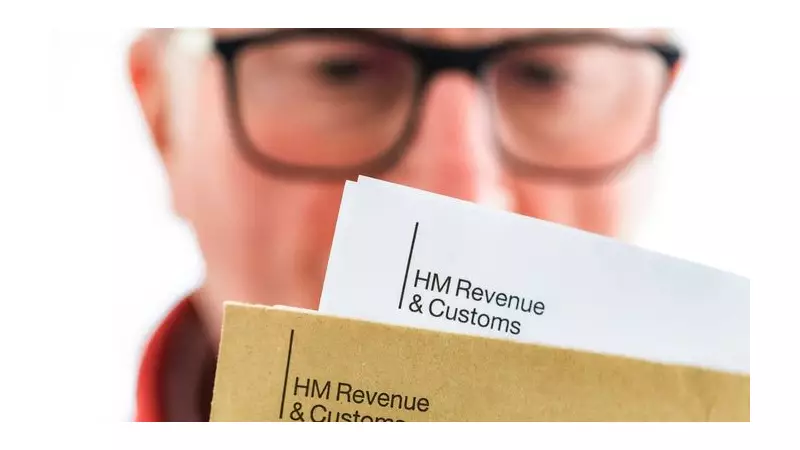
The countdown is on for millions of UK taxpayers as the January 31st Self-Assessment deadline rapidly approaches. With HMRC expecting over 12 million returns, understanding what not to include could be the difference between a smooth submission and unexpected penalties.
Why Accuracy Matters More Than Ever
HMRC has significantly increased its scrutiny of tax returns, using sophisticated software to flag discrepancies. Making simple errors could trigger an investigation or result in fines ranging from £100 to 100% of the tax owed for deliberate inaccuracies.
The 7 Most Common Tax Return Pitfalls
1. Personal Allowance Confusion
Many taxpayers mistakenly include their personal allowance as income. Remember, your £12,570 tax-free allowance should not appear in your income calculations. This common error can artificially inflate your earnings and lead to overpayment.
2. Incorrect Expense Claims
While legitimate business expenses are deductible, personal costs disguised as business expenses remain a red flag for HMRC. If you're employed through PAYE, you generally cannot claim work-related expenses unless your employer hasn't reimbursed you.
3. Overlooking Savings Interest
Many forget that savings interest exceeding the personal savings allowance (£1,000 for basic rate taxpayers, £500 for higher rate) must be declared. Even if your bank hasn't deducted tax, the responsibility to report falls on you.
4. State Pension Omissions
The state pension counts as taxable income and must be included in your return. Despite being paid gross, it's subject to income tax like any other pension income.
5. Misunderstanding Property Income
Rental income from properties must be declared, but remember to deduct allowable expenses like mortgage interest (restricted to basic rate tax relief), repairs, and agent fees.
6. Gift Aid Confusion
While Gift Aid donations can increase your basic rate band, the donated amount itself isn't an expense you can deduct from your income. Ensure you're calculating this correctly to avoid errors.
7. Capital Gains Oversights
Many taxpayers forget that selling valuable personal possessions, shares, or second properties may trigger Capital Gains Tax obligations, especially if profits exceed the annual exemption (£6,000 for 2023-24).
Last-Minute Filing Tips
If you're racing against the clock, HMRC recommends:
- Gathering all necessary documents beforehand
- Using the HMRC app for quick access to your details
- Setting aside uninterrupted time to complete your return
- Double-checking all figures before submission
Remember, missing the January 31st deadline automatically incurs a £100 penalty, with additional charges accumulating the longer your return remains outstanding. For those struggling to pay, contacting HMRC to discuss a Time to Pay arrangement before the deadline is crucial.
With careful preparation and attention to these common pitfalls, you can navigate the self-assessment process confidently and avoid unnecessary stress or financial penalties.





